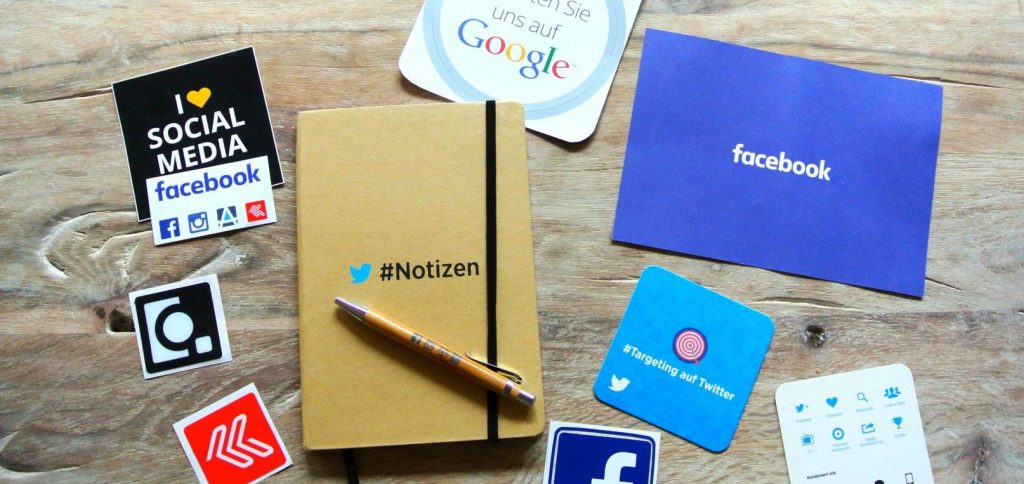Appealing to the right target group: Marketing in the beverage industry

Smart, customized and individual ways of addressing specific target groups offer excellent marketing potential for the beverage industry. Another plus: Targeted marketing creates an emotional bond with the target group, thus promoting long-term product loyalty.
Target group marketing specifically addresses the different needs of consumers that play a role in their purchasing decisions – because in times of individualization and the division of generations into X, Y and Z, it is becoming increasingly difficult to reach a broad range of consumers using a “scattershot” approach. Besides, the technical options available for individual advertising make it easier than ever before to implement target group-specific marketing.
Young consumers love social media
The big question when it comes to successful marketing is: What are the best communication channels for addressing specific consumers? Children, adolescents, and young adults in particular are an exciting target group for the beverage industry. Beverage brands benefit from establishing a bond early on, since preferences are developed at a young age and often preserved into adulthood, where they become consumption habits.
Most children start using the Internet at school and are strongly driven by the digital world. Traditional advertising messages often simply pass them by; they focus instead on channels like Instagram and YouTube. At this age, marketing approaches that highlight ingredients or benefits are rarely successful. Far more interesting are YouTube idols, the consumer behavior of other teenagers and peer groups, and sharing content on social media. Consequently, Fanta, for example, has encouraged young users to get involved in its “Alles wird fresh” campaign by giving them a stage. Those interested were asked to upload their audition videos to the company website. The selected winners got the chance to shoot the “Alles wird fresh” video with YouTube star Julien Bam, who is very popular with this target group. The video has been viewed well over six million times.
Gender-specific marketing: Focus on different consumer needs, avoid clichés
Gender is also a key feature of the target group. Gender marketing assumes that women and men have different consumption needs and make different purchasing decisions at the point of sale. Women are often considered to be particularly aesthetically oriented. At the same time, they pay attention to benefits and optimization. The double burden of work and family frequently experienced by women often results in a special desire for support and relief, and they are particularly critical in their selections.
Companies should avoid stereotypical gender roles and messages at all costs. Reducing women to “sweet” and “pink”, for example, never works. Strategies like these are particularly offensive to young, urban women, who expect proven value instead of advertising claims that are meant to be cute. This target group is large, complex and has high purchasing power, so it pays for the marketing team to do its homework here. Otherwise, companies risk the dubious honor of receiving a negative prize, such as for absurd gender marketing.
A positive example, on the other hand, is the “Johnnie Walker becomes Jane Walker” campaign, in which a woman is depicted on a limited edition of the whiskey brand’s bottles. As the manufacturer Diageo emphasizes, the aim of the campaign is to highlight gender equality and the achievements of women.
The enlightened consumer wants personalized drinks
Another interesting target group is enlightened consumers, who want to see their motives reflected in their purchases and consume products that reinforce their individual values. For example, the need for self-care has become a priority for many consumers according to Mintel, the world’s leading market intelligence agency. Self-care is one of the main factors when enlightened consumers select drinks that meet their expectations in terms of nutrients as well as physical and emotional well-being. The beverage industry has already begun launching functional and customized products on the market. It requires enormous effort to adjust production accordingly – the keyword here is Industry 4.0 – but consumers will compensate for it through their purchasing behavior. This is where well thought-out target group marketing pays off.
